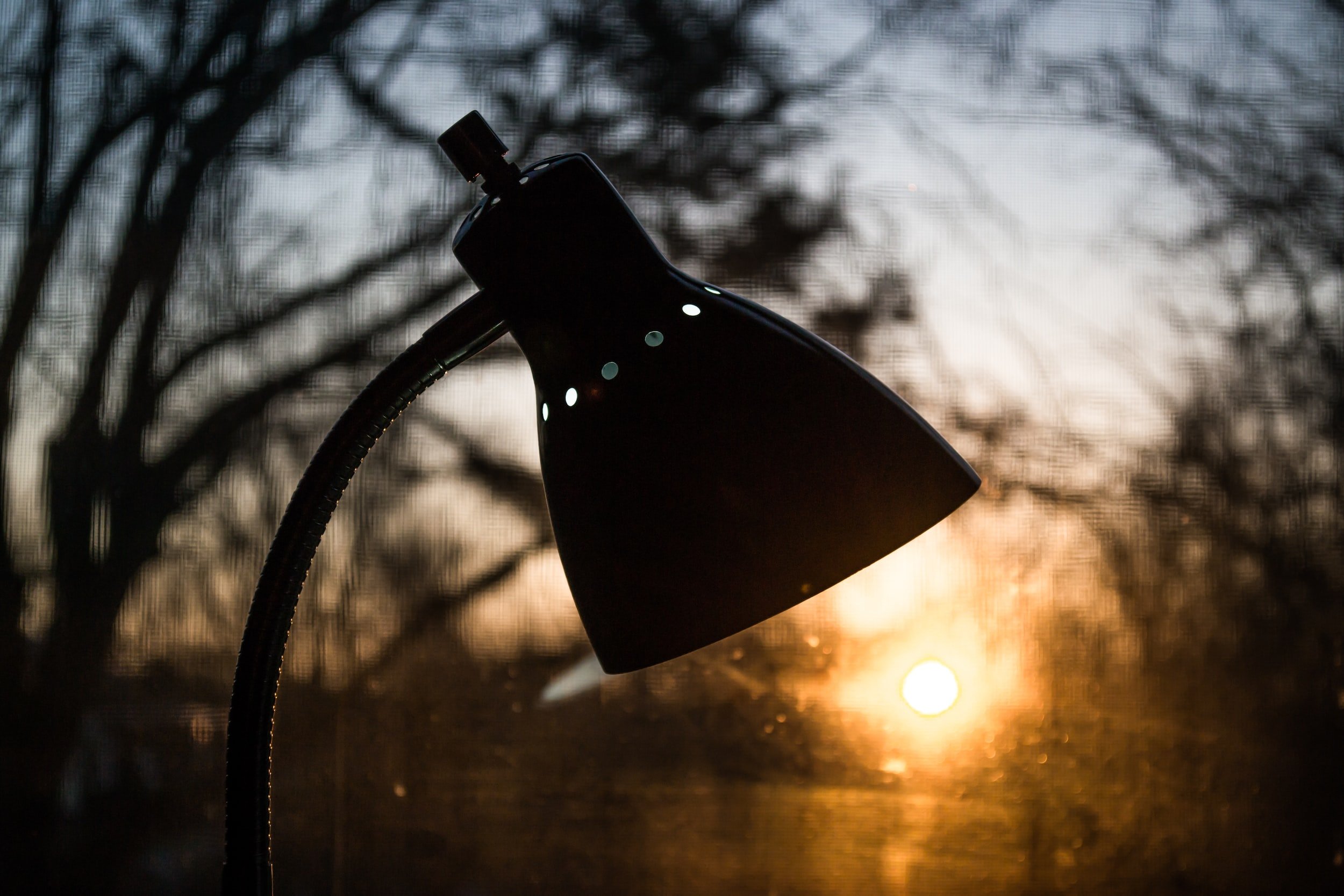‘Appeal of buying beer now less than buying a desk lamp’
For more than 30 years, Bill tried all sorts of methods and programs to overcome his drinking. “I knew I was drinking too much. I knew it was making me feel sick. I just didn’t know how to deal with the cravings,” he explains.
Over the decades Bill was able to manage a few stints of abstinence, lasting for up to a year or two at a time. “But the cravings would always win out. I could push them away for a while. I could postpone them. But eventually they were too strong, and I would give in.”
Bill’s drinking eventually led to the end of his teaching position at a university -- and it affected his health. In fact, after particularly heavy bouts of alcohol consumption, Bill would wind up in hospital.
During a recent hospital stay, a social worker noticed that Bill was being admitted several times a year for alcohol-related issues. She talked to him about taking medications to reduce cravings, which he had never heard of before. “I said I would try it.”
A physician at the hospital, who also specialized in addictions medicine, prescribed naltrexone. Within days, Bill could feel a difference -- something had changed in his desire to drink. During Bill’s usual Saturday night routine watching British TV programming and drinking beer, he opened one can, which he didn’t finish, and had no desire for another which was poured down the drain the next day.
“It was really strange,” he says. “I just had no cravings for it.” As the months have passed, Bill has had no renewed desire to drink, and the usual triggers no longer work on him. “Walking by a liquor store, there’s no pull and no repulsion. It might as well be a furniture store. The appeal of buying a beer is less than buying a desk lamp. It still amazes me.”
After Bill was prescribed naltrexone in hospital, he had follow-up care with a psychiatrist for other health issues, and with his family physician. Bill was nervous about speaking with his family physician as he didn't know what his attitude to medication for addiction would be. It turned out the doctor was quite interested in how naltexone was working and readily prescribed more.
Bill hopes that more people will come to understand that addiction to alcohol is a medical condition and not a moral failing, and that they consider medication if it’s appropriate. And while Bill’s quick response to naltrexone is particularly remarkable, one of several medications, or a combination of medications, will work to control cravings for just about everyone.
With the elimination of cravings people can choose to drink socially, or like Bill, they can choose to abstain. “It’s a choice that I can now make,” he says. “It’s incredible.”

